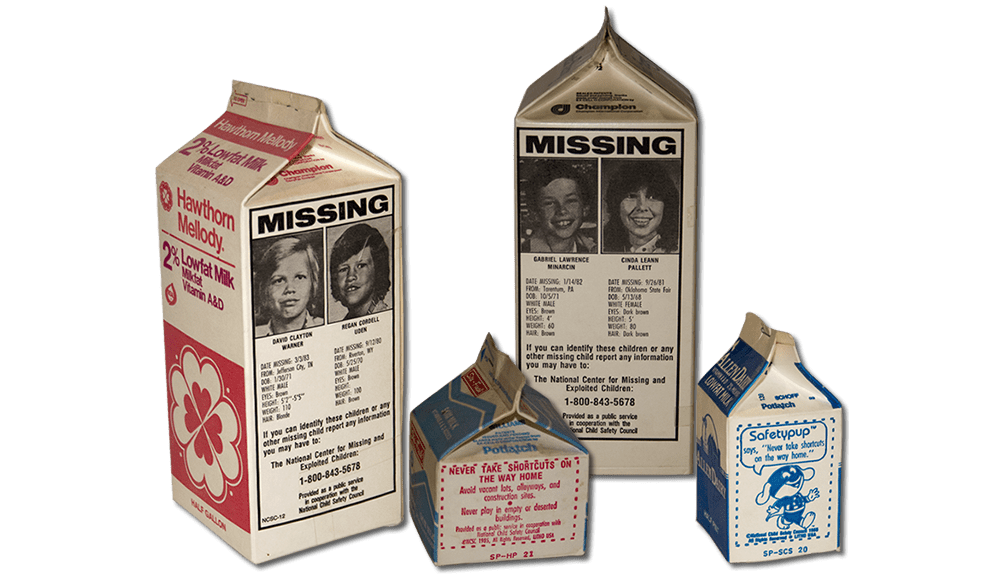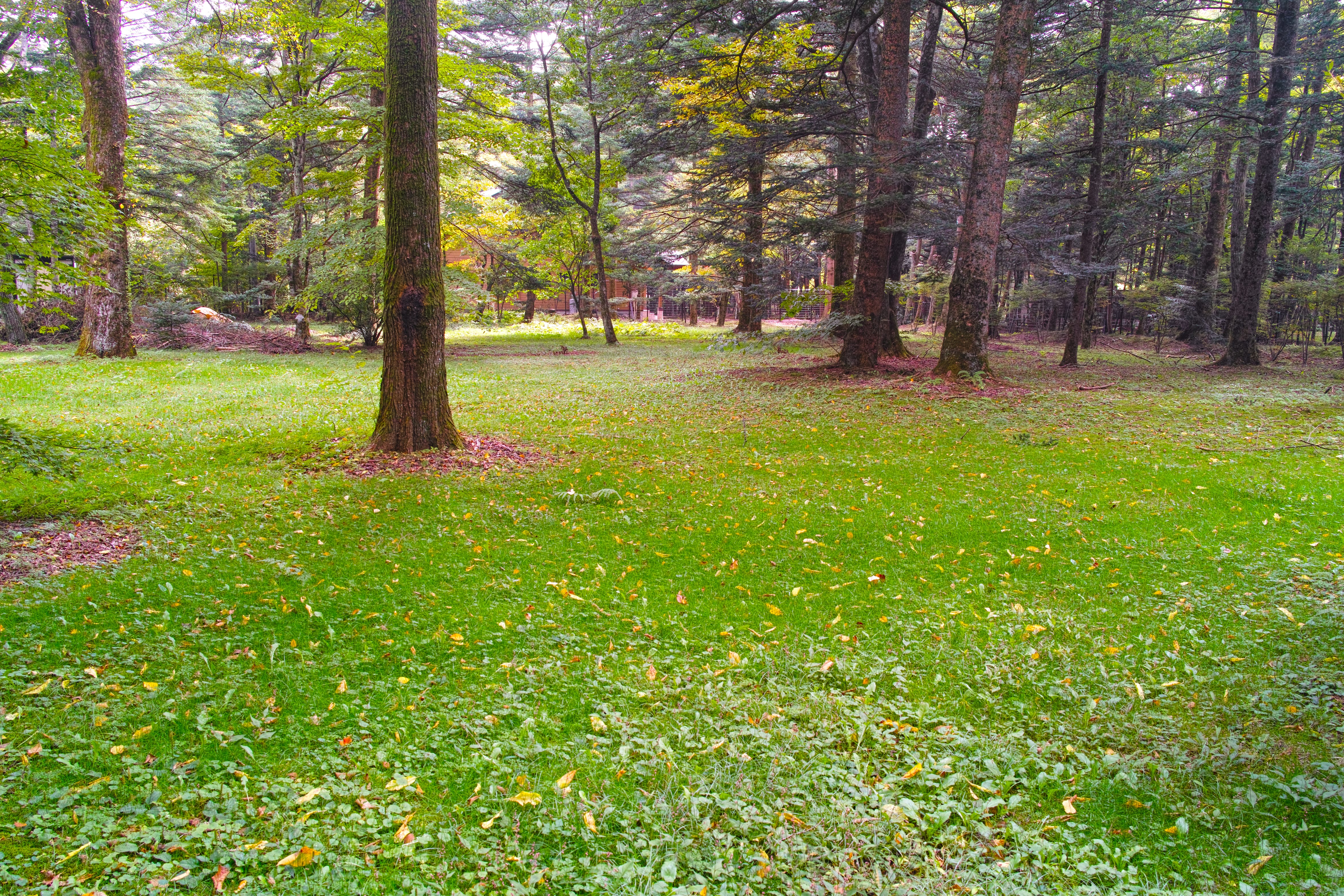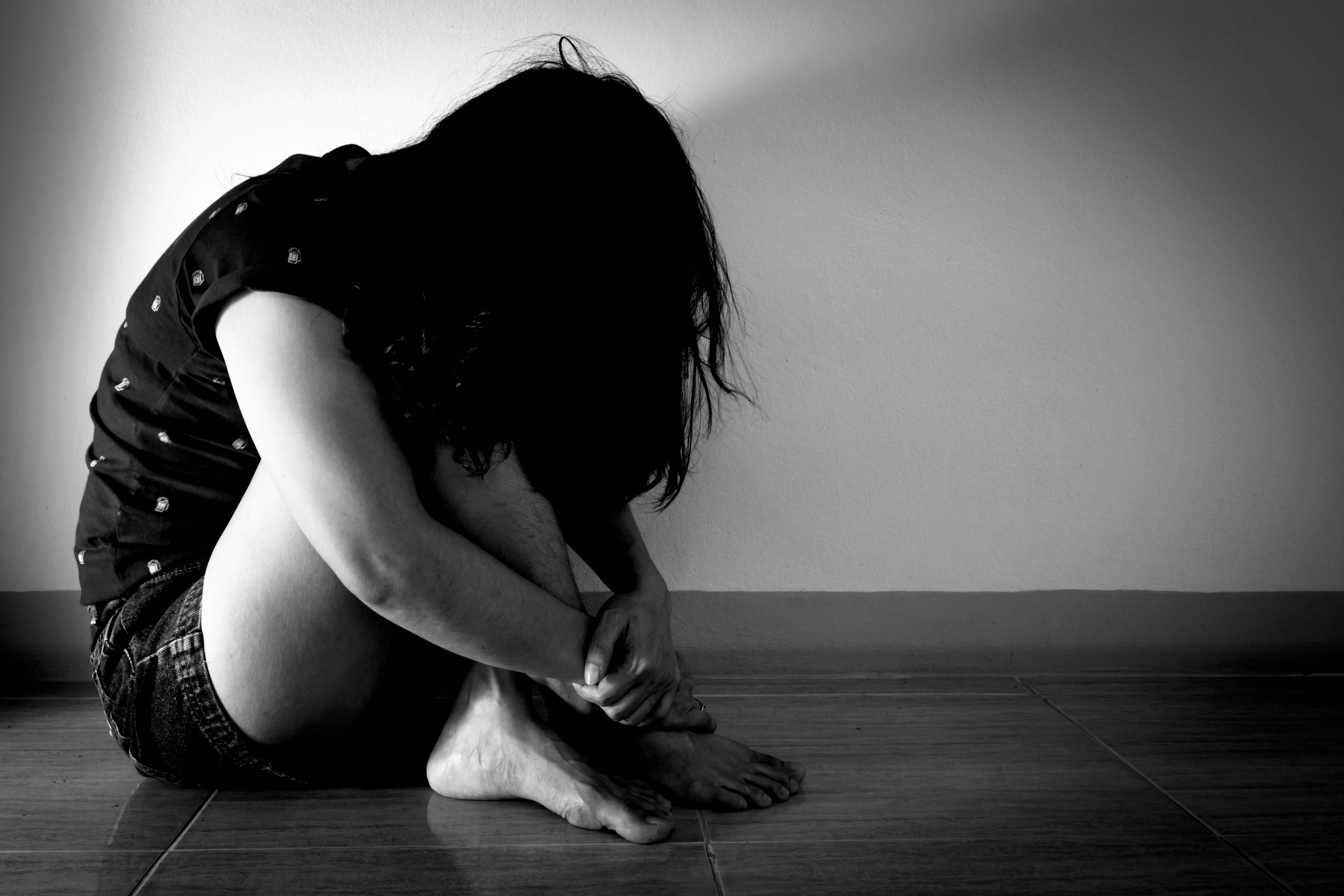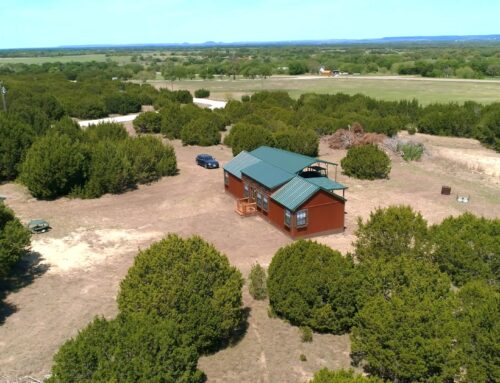Growing up in the eighties and early nineties I remember when milk cartons were used to help find missing children. Back then, picky children were reminded of the starving children in Ethiopia every night at dinner. It’s also when street corners were first occupied with people holding signs that said, “Will work for food.” Some of those people even made it into the pages of my high school yearbook because it had become such a phenomenon.
The kids of my generation grew up accustomed to suffering around us. We were conditioned to raise support for causes and to give to charities, but often without it really touching us.
My fellow eighties’ friend took a trip to Austin to see Nicole’s Place. I couldn’t wait to hear all about it! I had so many questions, but my enthusiasm wasn’t returned and I couldn’t understand why.
I asked him if the property was beautiful? With sadness in his eyes he said it was. The property is green and shaded with trees and rolling hills. It’s the perfect secret place that will offer safety and solace to victims.
I wanted to know if it would be ready to receive girls soon. His face still fallen he explained that Austin 20 chose Leland’s Cabins because their construction time is the quickest that could be found, even requiring less preparation to the land. The design would be customized and feel like the only home some of these girls have ever known. Then he explained how it’s still not fast enough. Every day that Nicole’s place isn’t ready there are girls left with no place to go but back into the world they had escaped.
I was beginning to understand why my friend’s countenance wasn’t matching my excitement for the project. It’s easier for me to hear about the cause and to give to the cause, to even care about the cause. But my friend was there, hearing the girls’ stories. He was face to face with their reality. He found himself close enough to their pain that it could touch him. He found it sobering when the plans for a second, single room building was discussed for a girl’s first night out of captivity. Imagining what she might be feeling while a team determines her immediate mental and physical health needs. Is she angry and violent? Is she hysterical and terrified? It’s actually unimaginable for those of us who are used to tossing a couple bucks out the window to a guy holding a sign as we drive by.
One thought has brought my friend peace as he processes his experience. There are a lot of things we can give to and support without a cure in sight. But giving to Nicole’s place will save lives every day.







